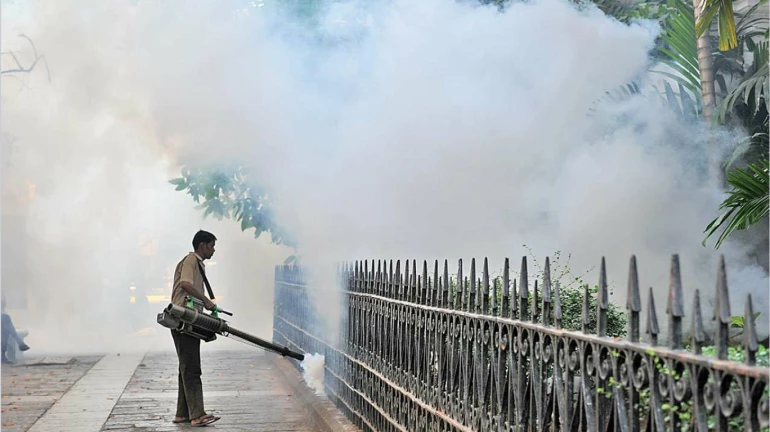
With the onset of the monsoons, the city has recorded over 300 cases of malaria, four confirmed cases of dengue and one leptospirosis infection. The BMC had earlier asked the pesticide department to conduct the operations, which was regularly carried out from January to June, reducing the potential risk of malaria and dengue by removing 1,28,220 items.
The Brihanmumbai Municipal Corporation has inspected a total of 1,72,572 places like wells, water tanks and swimming pools. Of these, 4,601 malaria sites were destroyed. A total of 53,92,754 places including water pipes, tires, odd articles and money plant trees were discovered where possible larvae of dengue were found. 15,593 places with dengue larvae were discovered. According to BMC reports, they have been destroyed.
Dengue larvae can be found in many skyscrapers. Several low-lying slums are filled with water pumps. Large numbers of dengue larvae can be found in these pumps. In the rainy season, water is stored on the roof plastic/tarpaulin. Dengue and malaria can be spread by storing water there, on the premises, on the terrace or in the surrounding area. Against this backdrop, officials in the pesticide department have appealed to the public in order to ensure that water does not accumulate in indoor and outdoor containers.
In view of the monsoons in Mumbai, CM Uddhav Thackeray had earlier asked the BMC to set up a panel of all the government agencies and work on filling up the potholes in order to ensure road repair work is completed all across Mumbai. There have been ongoing studies that have driven theories about the impact of monsoon with the outbreak of the coronavirus. Medical practitioners had earlier opined that the intersection of monsoon with the COVID-19 pandemic in Mumbai will make it harder to enforce social-distancing norms and carry out contact-tracing in flooded low-lying areas.





